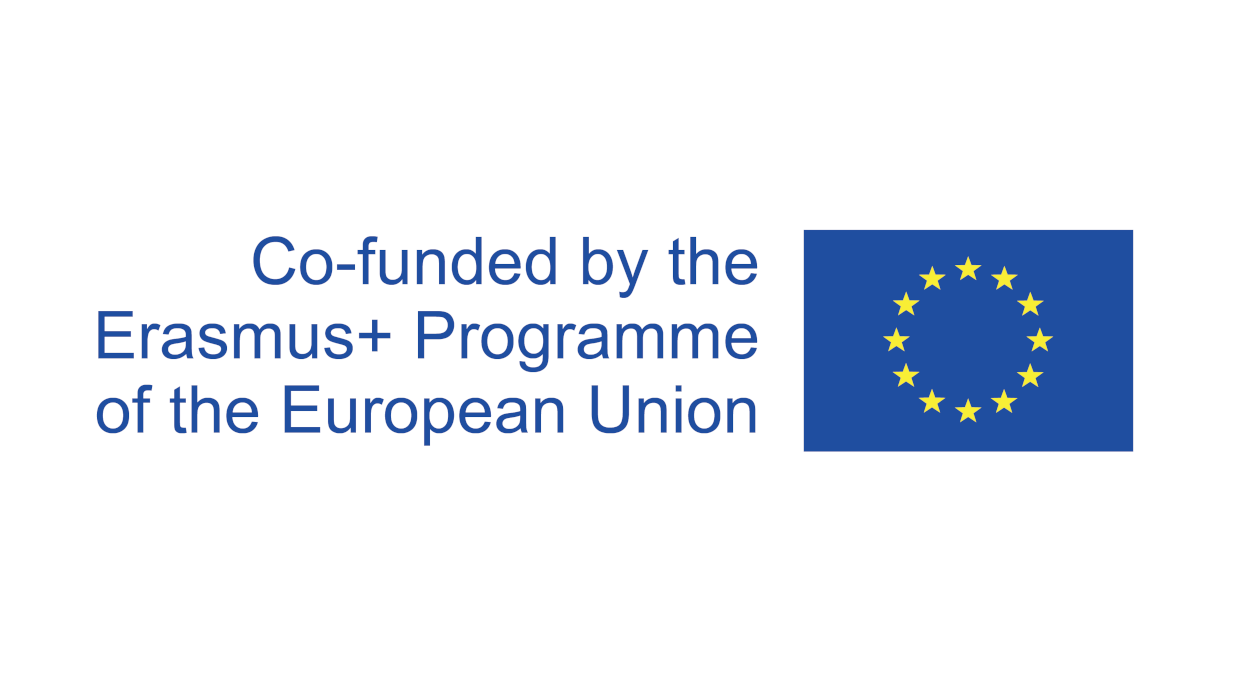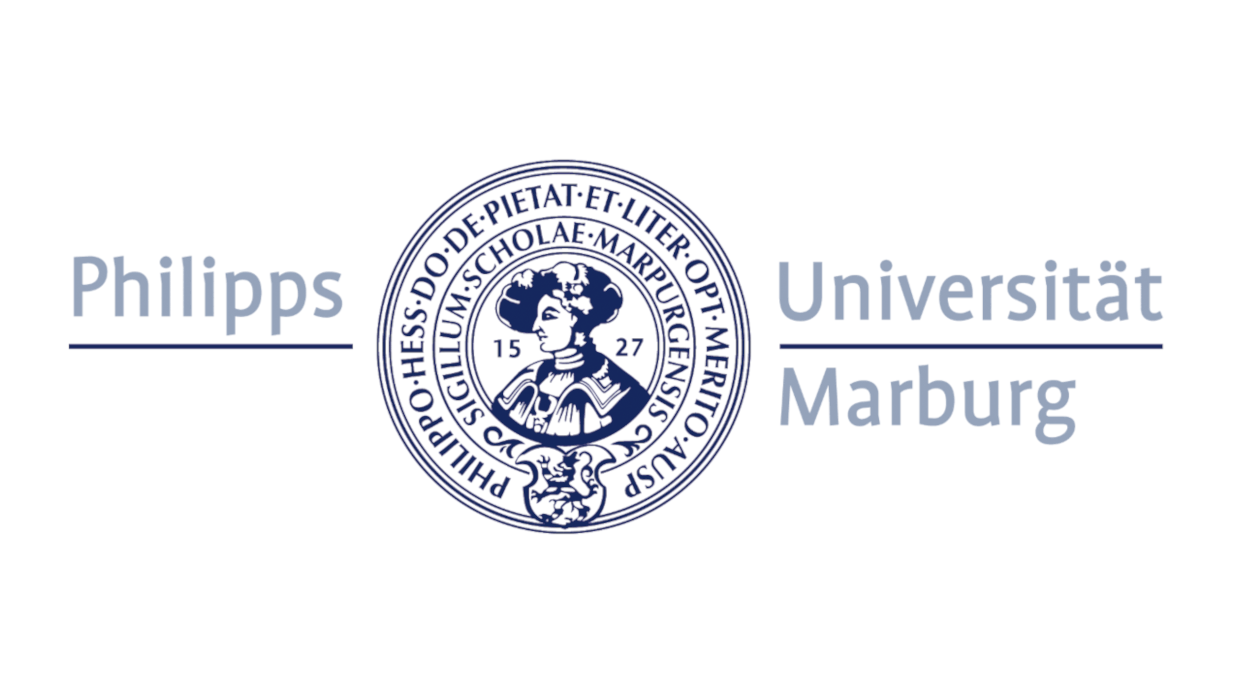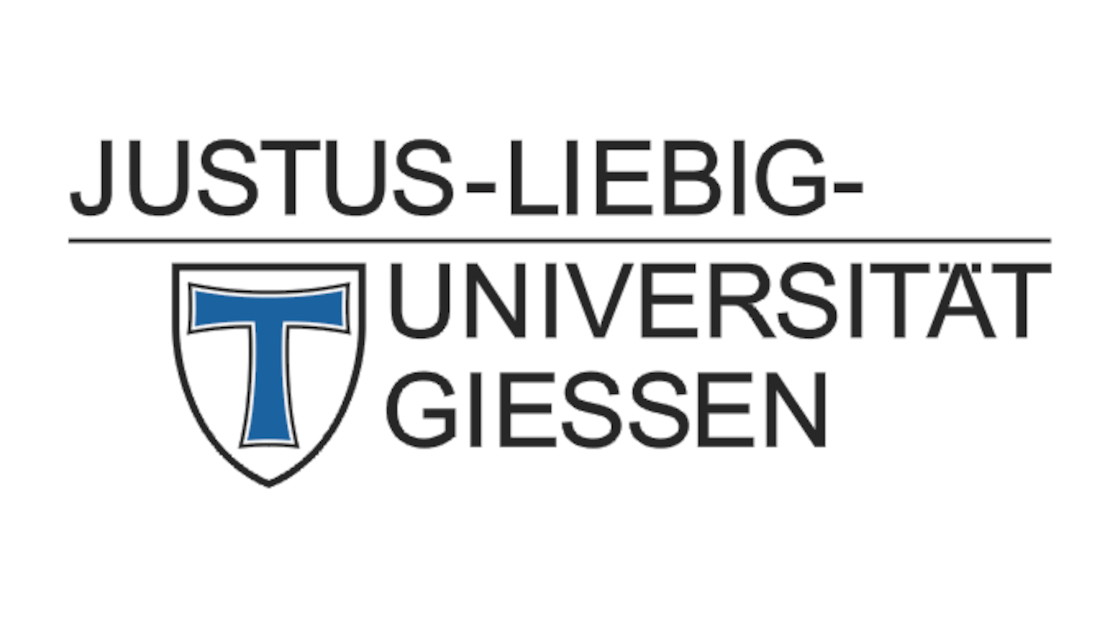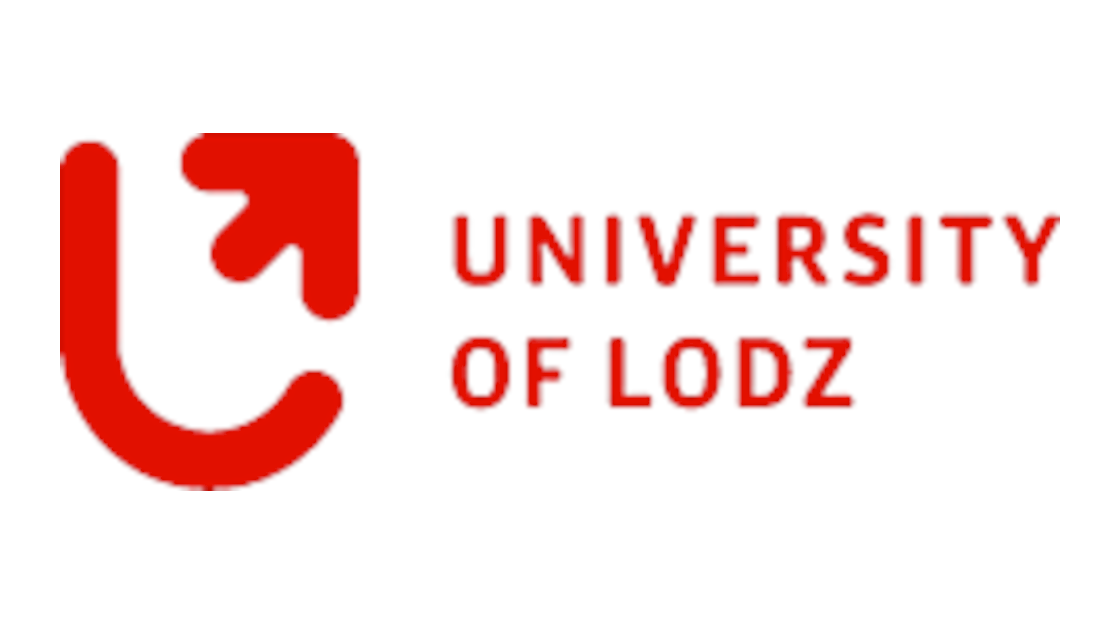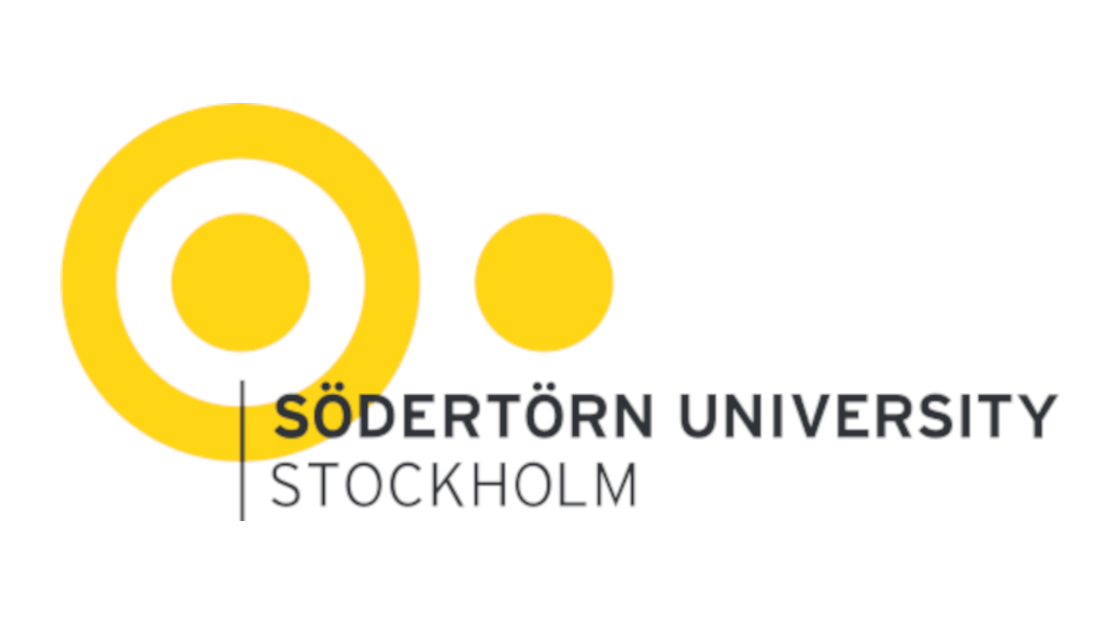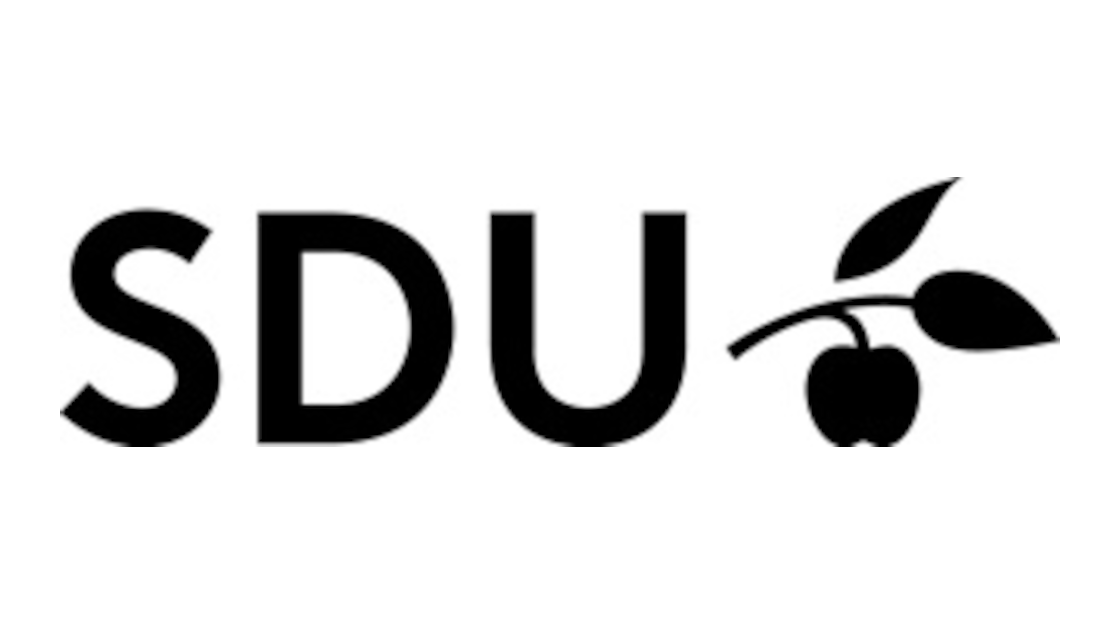Main Content
Crisis Intervention Simulation: The Cyprus Case

Take on the role of national and international organisations, develop your own role profile and sit at the negotiating table to develop a conflict solution for Cyprus. Students and lecturers from different countries are taking part in this innovative teaching project – and you have the opportunity to be part of it.
Peacebuilding and human rights are both essential for sustainable conflict transformation. However, there is often a fundamental dilemma as the dynamic interaction between these concepts is overlooked in conflict management. International organisations tend to shape their approach based on peacebuilding concepts, while national and regional (civil society) actors are informed by human rights discourses. In this unique online Crisis Intervention Simulation (CRIS), participants discover the challenges of managing conflicts in this area of tension by taking on the roles of international and national organisations.

Cyprus Conflict
CRIS focuses on the Cyprus conflict, a long-standing dispute between Greek and Turkish Cypriots. It originated in the mid-20th century when Greek Cypriots sought union with Greece and Turkish Cypriots sought autonomy. The conflict escalated in 1974, leading to the partition of the island. Today, the Republic of Cyprus governs the south and is internationally recognised as the sovereign state of Cyprus, while the Turkish Republic of Northern Cyprus is only accepted as an independent state by Turkey. Reunification efforts have continued since then, but challenges remain. In 2004, Cyprus joined the EU during its first eastward enlargement. The Cyprus conflict has had a profound social, economic, and political impact. Hopes for a peaceful solution and a united future for the island remain.
The simulation was developed as part of the Erasmus+ project, Simulating Human Rights in Peacebuilding (SHARINPEACE), in collaboration with partners from Denmark, Germany, Poland, Sweden and Serbia. Lecturers from the project consortium are involved in its implementation. Students from partner universities are also invited to participate.
Inhalt ausklappen Inhalt einklappen Intended Learning Outcomes
By the end of the course, participants will be able …
(1) to explain the main features of the conflict in Cyprus and the peacebuilding organizations operating there.
(2) to name the fields of work and possibilities of action of the peacebuilding organizations involved and to analyze them in the form of an actor mapping.
(3) to reflect on the use of peacebuilding by international organizations and the local references to human right discourses in conflict management in Cyprus.
(4) to explain the interplay of interest representation, public policy and diplomacy, and to critically reflect on their own role in the simulation.Inhalt ausklappen Inhalt einklappen Course Structure
The CRIS seminar is organized as a three-part academic journey that combines self-guided study, interactive simulation, and critical reflection.
Part 1 focuses on preparation through a blended-learning format. Using the university’s ILIAS platform, you will explore key concepts such as peace and peacebuilding, international interventions, and human rights through expert video lectures and curated readings. A dedicated lecture and supplementary materials introduce the Cyprus case study, which serves as the basis for the simulation. At the end of this phase, you will meet the experts online to ask questions and engage in critical discussion of the material.
Part 2 is the centerpiece of the seminar: a two-day online simulation held in late January via the interactive platform WorkAdventure. Here, you will assume a role you have previously researched and participate in negotiations, informal talks, and press conferences within a dynamic virtual environment.
Finally, Part 3 takes place during the last two weeks of the course and focuses on debriefing. In these sessions, you and your peers will reflect on the simulation experience—considering, for example, how realistic it felt—and connect it to the theoretical insights from the preparatory phase.
Throughout the seminar optional “Open Spaces” available for organisational or content-related questions.
Time Frame
The event takes place online on Wednesday from 16:00 to 18:00 CET. However, there is not a meeting every Tuesday. Please note the timetable. The simulation itself takes place for four hours on 28.01. and 29.01.2026
- 15.10.2025 Introduction
- 22.10.2025 Open Space
- 29.10.2025 Open Space
- 05.11.2025 Q&A: Cyprus & Media
- 12.11.2025 Open Space
- 26.11.2025 Q&A: Peacebuilding, NGOs & Interventions
- 03.12.2025 Developing Role-Profiles
- 10.12.2025 Open Space
- 17.12.2025 Presenting and Mapping Organisations
- 14.01.2026 Start CRIS: Discovering Negotiation
- 21.01.2026 Start CRIS: Explaining the Simulation
- 28.01.2026 Simulation (16-20h)
- 29.01.2026 Simulation (14-18h)
- 04.02.2026 Debriefing
- 11.02.2026 Debriefing and Closing
Inhalt ausklappen Inhalt einklappen Approach of the seminar
The course culminates in an eight-hour online simulation spread over two days in January. Working in small groups, you and other students will take on the roles of various national and international organisations (e.g. EEAS, UNFICYP and HRW). You will be assigned to one of these roles.
Preparation for the simulation involves:
- Researching your assigned role using the initial material provided, as well as conducting additional research.
- Creating a role profile using this information.
- Recording a short video for the other participants, explaining your organisation's stance on peacebuilding
Your preparation is supported by online lectures on seminar topics in ILIAS, delivered by international experts who will prepare you for the simulation in terms of both content and concept. Additional academic material is provided in relation to the lectures.
All negotiations, round-table discussions, informal talks and press conferences during the simulation itself will take place inside WorkAdventure, a browser-based platform that combines video conferencing with the charm of classic 16-bit video games. Participants will enter a vibrant 2D pixel art world as their own customisable avatar (a 'Woka') and will be able to move freely across a virtual office map using simple keyboard controls. Whenever two or more avatars meet, an instant video chat opens, creating natural opportunities for spontaneous conversations and group discussions. This setup makes every interaction feel lively and personal while providing all the essential tools for structured dialogue and collaboration.
Using WorkAdventure transforms the CRIS seminar into a fun and memorable experience. Rather than static video windows, attendees can explore, bump into colleagues and gather in private or larger video meeting circles for seamless negotiations and press events. The retro-game atmosphere adds energy and creativity to serious discussions, making collaboration engaging and effective.Inhalt ausklappen Inhalt einklappen Participation
Participants from outside Marburg University are warmly welcome to join the CRIS seminar. Students from universities involved in the SHARINPEACE project or members of the EUPeace network can participate fully online. The entire event is hosted through the University of Marburg’s e-learning tools, and registered external participants will receive all necessary login details and platform access before the seminar begins, ensuring a smooth integration into the course activities.
The seminar is accredited for 4 ECTS credits. Participants who choose to submit a written final reflection can increase their credit recognition to 6 ECTS. After successfully completing the course requirements, all external participants will receive an official certificate of attendance, providing formal recognition of their engagement and academic achievement within the CRIS program.
Registration for non-Marburg students is available until 12.10.2025. Please do not hesitate to contact us if you have any questions regarding the course.
Contact and registration: mina.huber@uni-marburg.de
Stéphane Voell, Mina Huber (University of Marburg)
